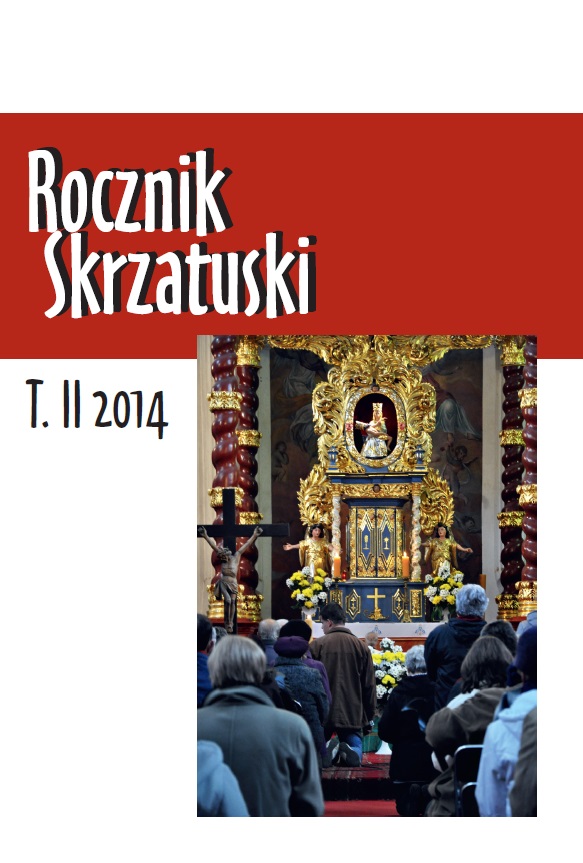
We kindly inform you that, as long as the subject affiliation of our 300.000+ articles is in progress, you might get unsufficient or no results on your third level or second level search. In this case, please broaden your search criteria.

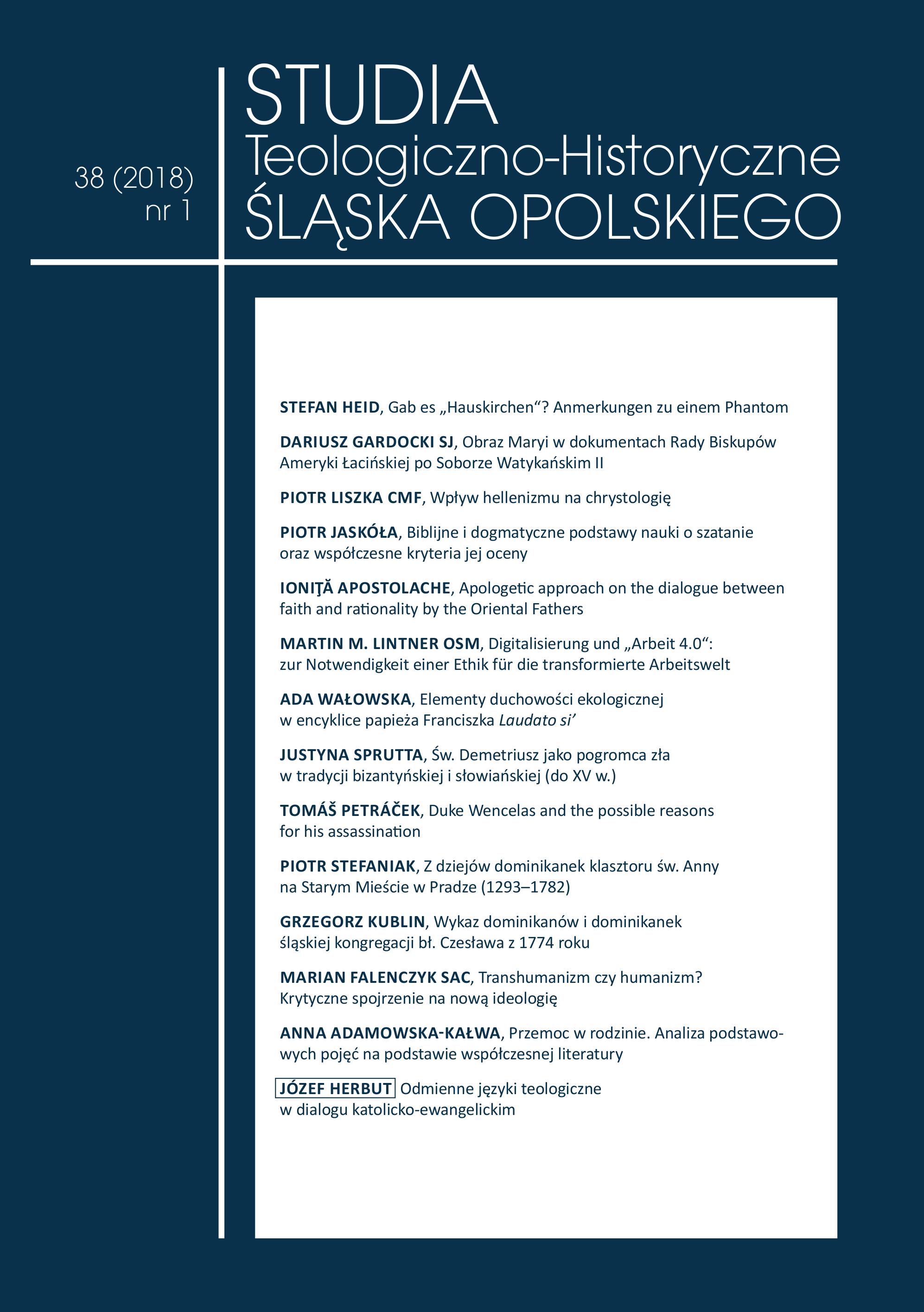
The most renowned female monastery in Prague Old Town had belonged to the nuns of the Order of Preachers (the Dominicans). The convent had been founded in 1293 by the Canon of Wyshehrad Jan Holý on the right bank of the Vltava River in Újezd. After the dissolution of the Order of Knights of the Temple in 1312, their seat in the Old Town by the Rotunda of St Lawrence was transferred on 9th July 1313 for 130 stags of cents to the Dominican nuns of Prague. Shortly afterwards, on the site of a former commandery, a marvelous Gothic monastery with the large Church of St Lawrence and St Anna was built. In the Middle Ages the Dominican convent, referred to as Anenský court, became famous as an important spiritual and intellectual center. An example can be the Bible translation into Czech (the so-called Bible of Dresden) done by the Dominican Kolda from Koldice for the prioress Anna Leskoviecka. The Middle Ages were a period of the most remarkable development of the nuns community.During the Hussite Wars, in 1420, the monastery became a grouping place of all the Prague nuns that were forced into Hussite liturgical practices. Moreover, a further economic and spiritual collapse of the community occurred. The revival came only in the 17th century. At that time the nuns adopted the reform proposed by the Council of Trent. In 1676 a process of a thorough reconstruction of the monastery begun, resulting in its new baroque architectural form. Concurrently, the community was increasing gradually and in 1710 it consisted of 60 nuns. Between 1709 and 1712 the only foundation of a new monastery in the convent’s history occurred – in the city of Plzen.The prosperity of the order was undermined by the war between Austria and Prussia. Prague itself, was affected especially by the French-Bavarian occupation of the city between 1741 and 1742. After that, in 1744, Prague was invaded by the Prussians. Numerous tributes collections, goods overtaking and pillages begun. In 1744 the Prussians imposed on the convent a tribute of 25 thousand stags of gold. Since then, the Dominican nuns were struggling with a difficult economic situation. On 21th May 1782, the convent got disbanded by a decree of the emperor Joseph II and 14 nuns (10 choir-nuns and 3 converse) had to leave the monastery.Through the ages, the Dominican Convent of Prague consisted mostly of nuns originating from the social elites: aristocracy, nobility, a participating and wealthy bourgeoisie. It guaranteed its high intellectual level. The nuns in the convent were representative both the German and the Czech world.
More...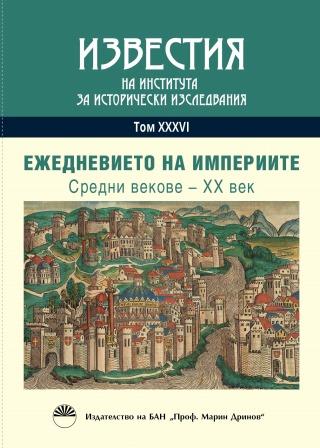
The main object of this study is, on the basis of some Ottoman documents, to shed new light on the everyday life of some settlements situated along the busy road from the Ottoman capital city of Istanbul to Central Europe. Some details are given about the daily duties of the Bulgarians who went to work in the Capital’s State Stables or went on a risky journey, following the conquests of the Ottoman army. They are studied on the basis of an unpublished list of voynuks assigned to service. The population of the Christian villages along important roads most often performed derbendji service. Despite their tax privileges, Bulgarians from these villages had a difficult life. They were often disturbed by the presence of Ottoman troops and state officials, who during war, but in peacetime as well, moved along this main road, staying in people’s houses and expecting to be fed and supplied with provisions. The everyday life in the villages of the region of the Balkan Mountains Range and the Sredna gora Mountain, far from the busy roads, was quite different. There the population was engaged in cattle breeding and crafts related to it. In this region there were some very large entirely Bulgarian settlements, which over time became thriving trade and craft centres having the appearance of small towns.
More...
At the core of the exposition is the ‘disciplined’ rebel (chetniks), who voluntarily accepts all the requirements in order to be included in the mysteries of a revolutionary organization. Loyalty to the cause is the principle in the name of which the members of IMARO are ready to give their lives. The whole disciplinary policy is clearly formulated and ‘codified’ in a coherent system of policy documents that have the force of a law. The topic of the IMARO personnel’s morality, to which the revolutionary leaders pay special attention, also has an important place in the exposition.
More...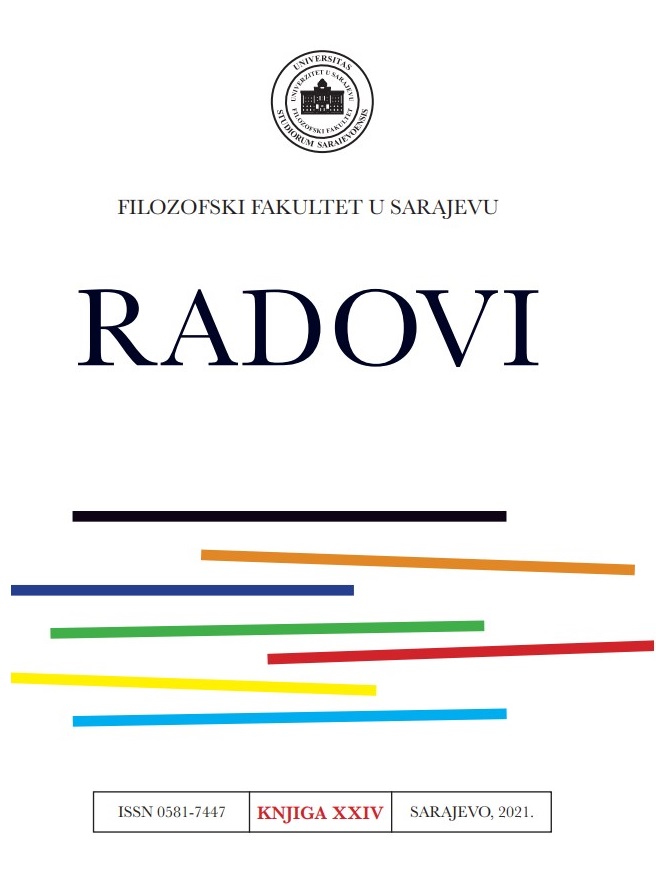
In the end of the 1980s and during the 1990s, the religious communities in Yugoslavia wholeheartedly critiqued the ‘totalitarian communist government’ claiming that it had imposed, from the above, the ideological restraints and suppression of religious freedoms. Therefore, many religious elites accepted the process of Western European liberalization in order to win the fight for religious freedom, as well as to affirm its role and power through free elections. In the anti-communist context, the religious elites insisted on the return to tradition, to ancestors, to the past, and mostly neglecting the narrative of ‘the new future.’ This paper examines the way in which nationalism – which establishes its power through the use of religious symbols in order to unify and mobilize the masses— came to existence after the disintegration of a multi-ethnic state, such as the Ottoman and Austro-Hungarian Empire, on the one side, and the Socialist Federal Republic of Yugoslavia, on the other. In such a way, religious universalism reduces itself on the particular national myth, which, through the symbol of the victim, constructs the ‘chosen people’ whose politics is not based on joining, connecting with other people, but on separation and division.
More...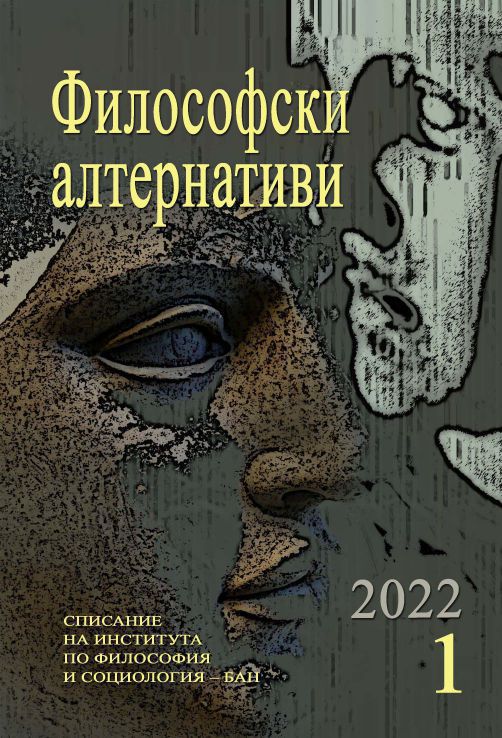
The article is on the occasion of the anniversaries of Yanko Yanev and is an attempt to show how the criticism of modernity and philosophizing without transcendence moves to reflections on the historical destiny of the Bulgarian people. In this context, his main testament emerges – the vocation of the authentic Bulgarian philosopher is a careful look at the concrete dynamics of the historical, of what is happening here and now.
More...
The present study is focused on Tøgdrápa (Journey drápa), a poem Þórarinn devoted to Knútr’s expedition to Norway in 1028. A distinguished feature of Tøgdrápa is its metre – tøglag (journey metre). It differs from dróttkvætt by having four syllables (instead of six) in each line. Presumably, referring to the title of the poem, the metre was to be used in accounts on war expeditions, optionally other travels of the king. Tøglag seems to be especially bound to Knútr’s court. Close metrical analysis of the poem as well as comparison with Sigvatr Þórðarson’s Knútsdrápa suggests that, contrary to previous assumptions, it is very likely that neither of the poets was an inventor of tøglag. Rather both, as talented and already distinguished skalds, did not hesitate to take another artistic challenge, most likely put up by somebody else. It seems reasonable to assume that such a challenge was born at Knútr’s court, probably as a side effect of the king’s success in Norway in 1028.
More...
The article analyses the tactics and the strategy communists from the Polish Workers’ Party (and from the end of 1948 – the Polish United Workers’ Party) used to incapacitate and then liquidate social organisations dating back to the pre-war period. These structures had different formal and ideological positions in the political reality of the Second Polish Republic. An important role in promoting the so-called western borderlands, which at that time included Greater Poland, the Polish part of Pomerania and the Polish part of Upper Silesia, was played by the Polish Western Union which was close to nationalist national democracy. Another important interwar institution was the Maritime and Colonial League, which was associated with the then establishment. These institutions, which had been gradually revived since 1944, were formally independent, but under the pressure of communists, who wanted to take over power in Poland, they were being peopled by individuals who were ready to serve the communist Polish Workers’ Party. After the end of the war, PZZ focused on the so-called Recovered Territories. LM (now without the word “Colonial” in its name), on the other hand, concentrated on the issues associated with the 500 km stretch of the Polish sea coast and the problems related to the Polish merchant fleet. The Maritime League, which was reluctant to implement communist ideals and practices, had been, from the moment of its revival, infiltrated from within by representatives of branches of the new political power in Poland. The communists did collaborate with the League (and also with PZZ) in the first post-war years, but the cooperation on their part was short-lived and pragmatic, and so the Maritime League was doomed to dissolution after PZPR took full power over Poland.
More...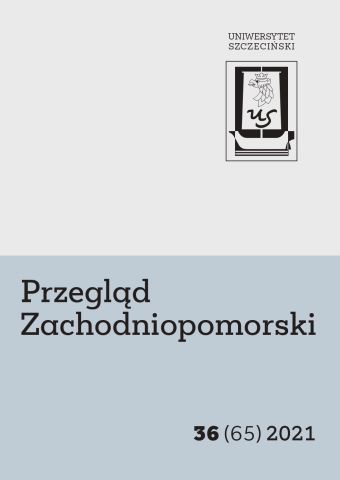
The purpose of this article is not only to bring out so far unknown details and correct confabulations, but also to look at the witch-hunt in the New Marchian – Greater Polish borderland through the prism of types of accusations. It will make possible to search for an answer to a question whether the data from the above defined territory were different from the cases cited in the literature of the subject. A significant group of accusations of witchcraft in the period of interest (16th−18th centuries) concerned using magic or sorcery in the interpersonal conflicts, e.g. over property. In the investigated material accusations of spoiling beer and contacts with the devil were also found. Moreover, the reason for a witch-trial became also magic practices for love and those used in the political games.
More...
The purpose of the article is to analyse the reports of the travellers passing by Szczecin in the period from late 16th century and 17th century with regard to the contained descriptions of the objects of architecture and art. Discussed were passages from twelve diaries of travellers from Germany, Poland, Italy, and England. These accounts vary, but also have some elements in common. The majority of peregrinators depicted Szczecin as a rich port town with picturesque location. Most of them described the Renaissance ducal castle as a dominant element among the town buildings. Its descriptions date back to times when it was a residence of the Griffin dynasty, and subsequently, after the dynasty became extinct, when the town was ruled by the Swedes and the rulers of Brandenburg. From among seven Gothic churches in Szczecin most frequently visited were two most prominent and with central location: St. Jacob’s Church and Marian Church. They were appreciated, particularly emphasized was their size as their distinguishing feature. Although there weren’t in the town instances of “contemporary” 17th-century Baroque architecture – perhaps apart from the bourgeois houses – Szczecin was perceived as “beautifully built”. After the Swedes constructed in early 17th century new defensive fortifications, the travelers described the capital of Pomerania as “well protected”. The visitors paid less attention to the mobile objects of art. The most distinguishing of the discussed reports is that of Filip Hainhofer who was a guest of Duke Filip II and hence stayed in the town for the longest time. As the Duke’s art dealer, he was sensitive to the beauty of objects, which can be explained by his profession but also by his personal sensitivity. However, most of the peregrinators displayed “culture of curiosity” with regard to the objects of art. Artifacts were perceived as peculiarities and curious details, aesthetic judgments weren’t too often formulated. An example of this can be the popularity of the epitaph of the Eckstedt spouses in St. Jacob’s Church, most frequently mentioned in the diaries not because of its craftsmanship but for the anecdote connected to it.
More...
The purpose of this article is to investigate the process of erection in Gorzów the capital of Apostolic Administration of Kamień Pomorski, Lubusz, and Prelature of Piła – in fact the biggest diocese in Poland in the years 1945–1972. This process was composed of two elements: 1) decisions of the higher authorities of the Catholic Church, and 2) activity of the local government. As follows from the analysis of files in the State Archive in Gorzów Wielkopolski, the decision of the Church authorities was accidental. From mid August 1945 they were in search of a suitable seat for the diocese authorities. The natural, biggest centre in this area was Szczecin, but it was rejected, probably because of its peripheral location, and lack of guarantee that it will remain in Poland at that. On the other hand, Rev. Edmund Nowicki came accidentally to Gorzów as early as in August 1945. It was the first bigger town centre in the planned Administration’s territory he came to. He was extremely friendly welcomed by the local government administration headed by the Government Representative Florian Kroenke. In the decision to locate the capital of the Apostolic Administration in Gorzów he saw support to his efforts to make Gorzów capital of the Lubusz Land. To convince Rev. Nowicki of his favourable attitude, he ordered several renovations works in the church that had to become cathedral which were made at the city’s expense. This is perfectly demonstrated in the files preserved in the State Archive in Gorzów Wielkopolski.
More...
The Polish Red Cross workers in the years 1945–1947 provided support to state authorities and local government with regard to caring of people and achieving the state goals related to takeover, development, and Polonization of the territory. Lack of personnel and finance, difficult political and social situation posed particular challenge, required composure and devotion. Not all the workers were able to endure hard working conditions, fast pace of life, and the sense of threat at that time. Those who took up hard labour and weren’t scared of difficulties played a positive role in the life of the inhabitants of Western Pomerania.
More...
In 2021 the academic community of economists in Szczecin celebrate their 75th anniversary. In autumn 1946 the first higher school in the post-war history of Szczecin was established: a Division of Academy of Commerce in Poznań, later transformed into autonomous Academy of Commerce. Its continuation were subsequent scientific units: Higher School of Economics (1950–1955), Faculty of Engineering and Economics of Transport of Technical University of Szczecin (1955–1985), and from 1985 faculty/faculties of economics operating within University of Szczecin (from autumn 2019 the joint faculty is named Faculty of Economics, Finance and Management). In this article an attempt is made to review main facts of the development of science of economy and higher economic education in Szczecin in the years 1946–2021. Particularly, the author’s intent is to mention names of contributors, mainly professors, who in this period mostly influenced the shape and position of the Szczecin centre of economic sciences, by creating scientific schools and educating successors, by their scientific research, publications, contacts with foreign centres and with economic practice, among others.
More...
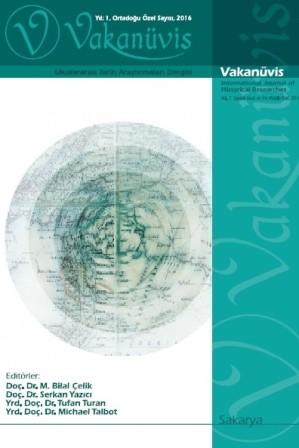
Adish i a village in the Chungush district of Diarbekir province. Chungush is a residential center where Muslims and non-Muslims live. According to the administrative regulation made after the Ottoman rule in 1516, Adish is the only village where Armenians live among the villages of Chungush. Although Adiş is mentioned as Adiş-i Süflâ (Lower Adiş) and Adiş-i Ulyâ (Upper Adiş) in most of the Ottoman records, it was defined as Adish only in some records. According to the records of the 16th and 17th centuries only Armenians lived in Adiş, since the beginning of the 19th century, Muslims have also settled in the village of Adiş. Since Adish village has insufficient agricultural areas, a significant portion of the men of the village had to go to Istanbul to meet the needs of their family. There were educational institutions and churches in the village, which reached 300 households at the end of the 19th century. During the Armenian events of 1895, the bandit which came from Gerger attacked the village of Adish and some grievances were experienced.
More...
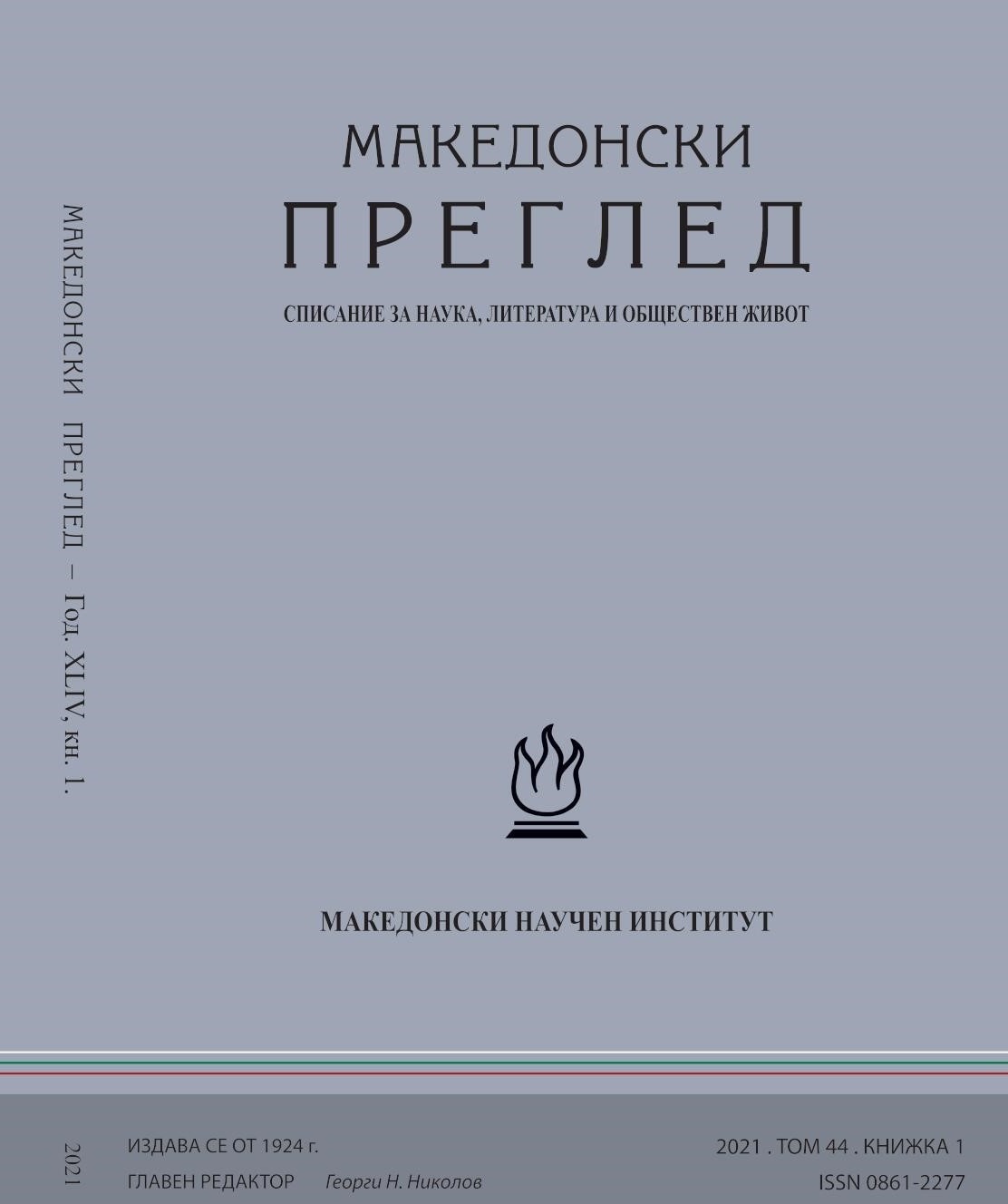
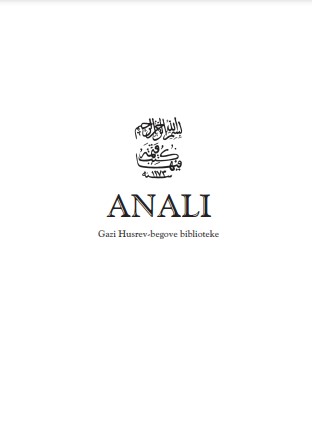
Among the numerous and diverse monuments from bygone times in Bosnia and Herzegovina, Sarajevo memorial plaques from the Ottoman period represent a characteristic phenomenon and practice. Ten of them are mentioned in sources and literature. Their purpose was to preserve and bring back memories of the life and work of those who, with their spirituality and learning, testified that they were worthy of the vocations they had (sheikh and mufti), those who were the pride of the class to which they belonged (mudarris, sitte-qadi, muallim), those who measured up to the role that was given to them at a particular historical moment and who showed exceptional courage and heroism (bayraktars), those who rose in rebellion (the Morići brothers), those who were aware of the goals for which they had made sacrifices and the honor they had earned (nakibul-eshraf) and those who spent their youth and childhood in this city and withered like a bud in it (mula’s and wali’s son). They were usually placed in the harem (courtyard) wall facing the street in order to be seen by those who pass by, to be read by those who stop in front of them, to be remembered by those who receive edification and to be kept in mind by those who walk further through life.
More...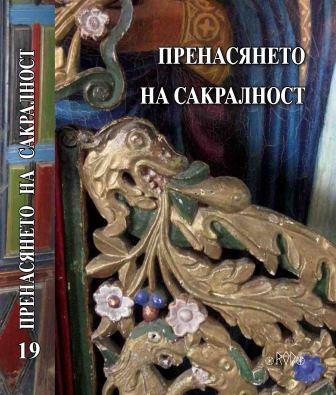
In the 19th century, on the territory of Bulgaria was gathered information on traditional clothing by different population groups. This paper presents just a part of work corpus of handwritten documents, housed 289 in the in the Scientific Archives of the Bulgarian Academy of Sciences. The article provide information on the domestic production of clothing, fabrics and decoration which the subject of analysis are names of clothes, decoration, material and ornaments in the old districts of Sofia, Kyustendil and Tran.
More...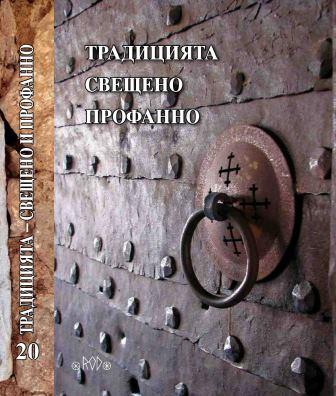
At the beginning of the 20th century Karel Škorpil studied the surroundings of the Madara rocks and registered Thracian sites from the Roman period, Old Bulgarian and even medieval Bulgarian sites. The area has a rich and centuries-old cult history, but the public consciousness is dominated by the Great Madara rock relief of a horseman. However, Škorpil registered another smaller rock relief nearby, which had already been destroyed in his time. The small Madara relief is located on the Daul-Tash rock block between the villages of Madara and Kyulevcha. Today it is practically forgotten, difficult to access, unvisited. Archeologists and historians pay no attention to this object. In the present report the Small Madara relief is rediscovered, a convenient route to it is established, it is photographed with modern equipment and several hypotheses are proposed about its presumed content, as well as about its destruction. The author hopes that the Small Relief deserves to be rehabilitated as a valuable historical site. The presence of a second rock relief is extremely important for clarifying the general picture of the sacred area, including the villages Kalugeritsa-Madara-Kyulevcha.
More...